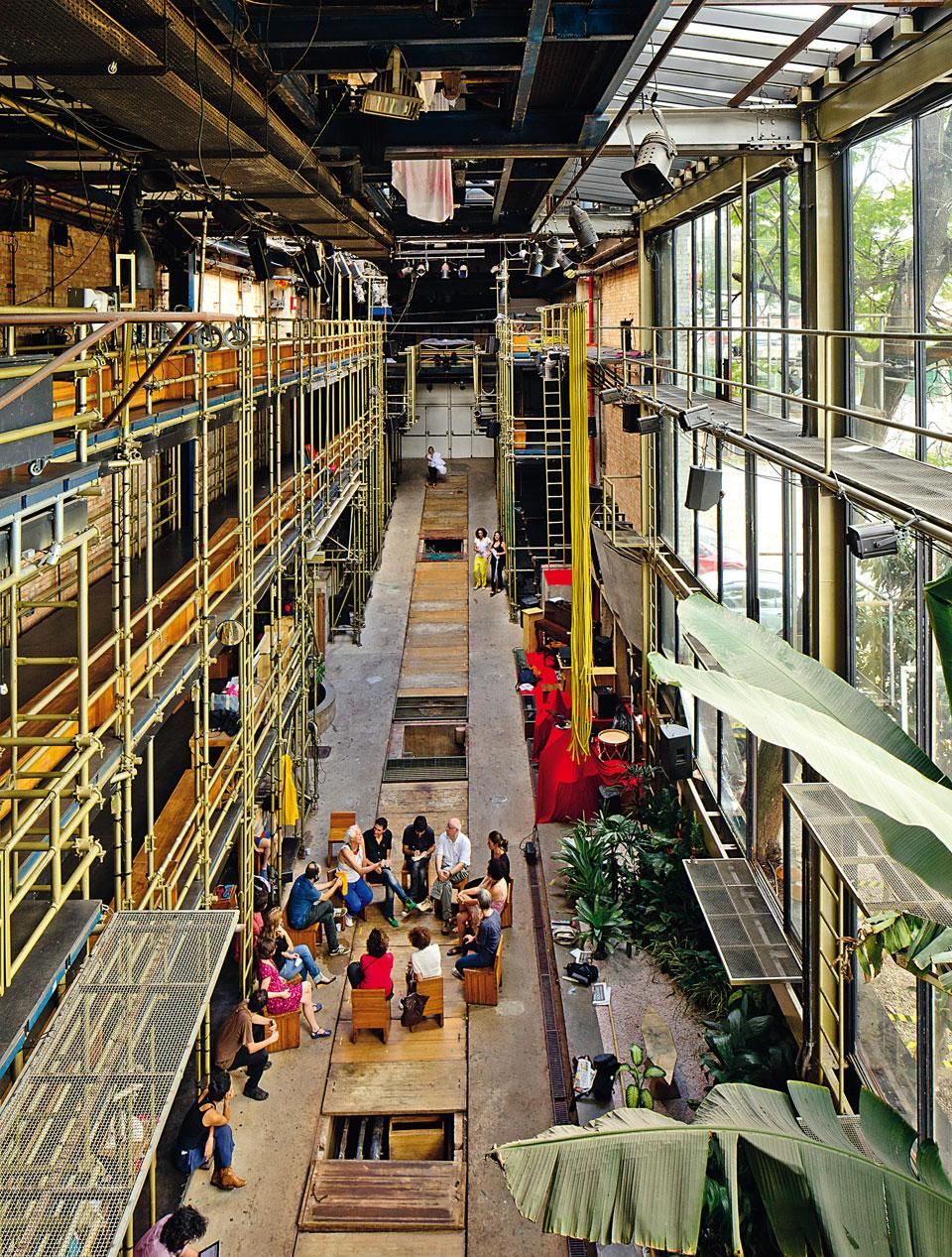re:arc institute's first symposium in São Paulo is an experiential inquiry into the values, practices, and belief systems that express and protect the interconnectedness of all life, and that we engage through the concept of architectures of planetary well-being.
About the Symposium
These site-specific live events bring together intercultural and interdisciplinary points of view intended to expand the discourse and praxis, as well as to support open-mindedness and mutual learning. Previous symposia have come together in Bogotá (CO), London (UK).
This year, the symposium Arquiteturas do Bem-Estar Planetário will be hosted by Teat(r)o Oficina, founded in 1958 and based since 1961 at the same address in the Bixiga neighborhood of São Paulo. Renowned for its significance in the history of experimental theater and performance art, the architectural design of the theater building and the company’s artistic language - both listed as tangible and intangible heritage and inseparable from one another - are in constant transformation. Teat(r)o Oficina was officially designated a protected landmark in 1981 by the Council for the Defense of Historical, Archaeological, Artistic, and Touristic Heritage (CONDEPHAAT).
Unfolding in three acts across two days, the program brings together a group of scholars and practitioners who will share keynotes, presentations, performances, and panel-style conversations. It will hold considerations of spatial practice through the lenses of reparation and involvement, as well as reorientating the temporality through which we perceive and create the built environment. Invited participants will offer embodied knowledges of collectivity, ecology, territory, design, and architecture. Their presences and perspectives will engage, and be enhanced by, the space’s deep relationship to the intersections of performance and revolutionary imagination.
Unfolding in three acts across two days, the program will bring together a group of scholars and practitioners who will share keynotes, presentations, performances, and panel-style conversations. Each act ticketed separately. Register for one, two, or all three! Read below for more details about the weekend.
September 19
ACT I
17:00–23:00
MUSIC
Music by Maria Luiza de Barros
Maria Luiza de Barros is an interdisciplinary architect and urbanist whose research is guided by the idea that the city vibrates – in multiple frequencies that pulse through beings, territories, and histories. She treats sound and music as spatial technologies, investigating the relationships between urban space and the sonic cultures of the transatlantic diaspora, where rhythm and experimentation become forms of presence, encounter, and creation. Through her DJ sets, she seeks to activate these vibrations as a way of sensing the world in common, recognizing that well-being is also built through the act of listening and the connections it enables.
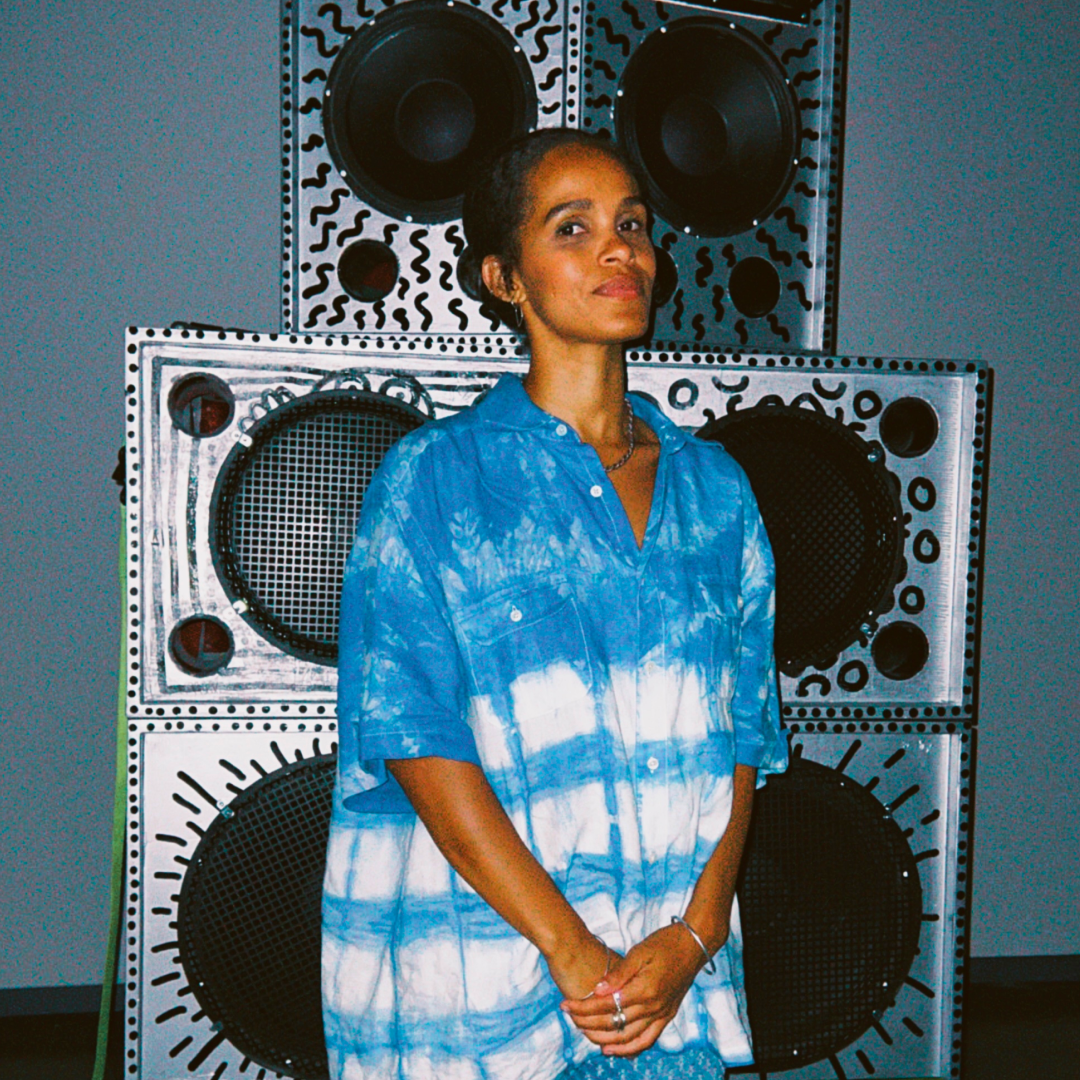
Maria Luiza de Barros
CONVERSATION
In Dialogue with the Earth: Ailton Krenak and Paulo Tavares
This conversation will bring iconoclastic Indigenous author, philosopher, and activist Ailton Krenak’s philosophical framework for a global environmental consciousness in dialogue with architect, educator, and author Paulo Tavares’s concept of reparation architecture. Krenak’s proposal requires that humans abandon our desperate attempts to sustain a caustic system and its associated lifestyles of compulsory making, and instead face the finiteness both of the Earth’s resources and of our selves. The two will explore futures for the built environment grounded in the collective realization that we are not indebted to nature, but inextricably one with it.
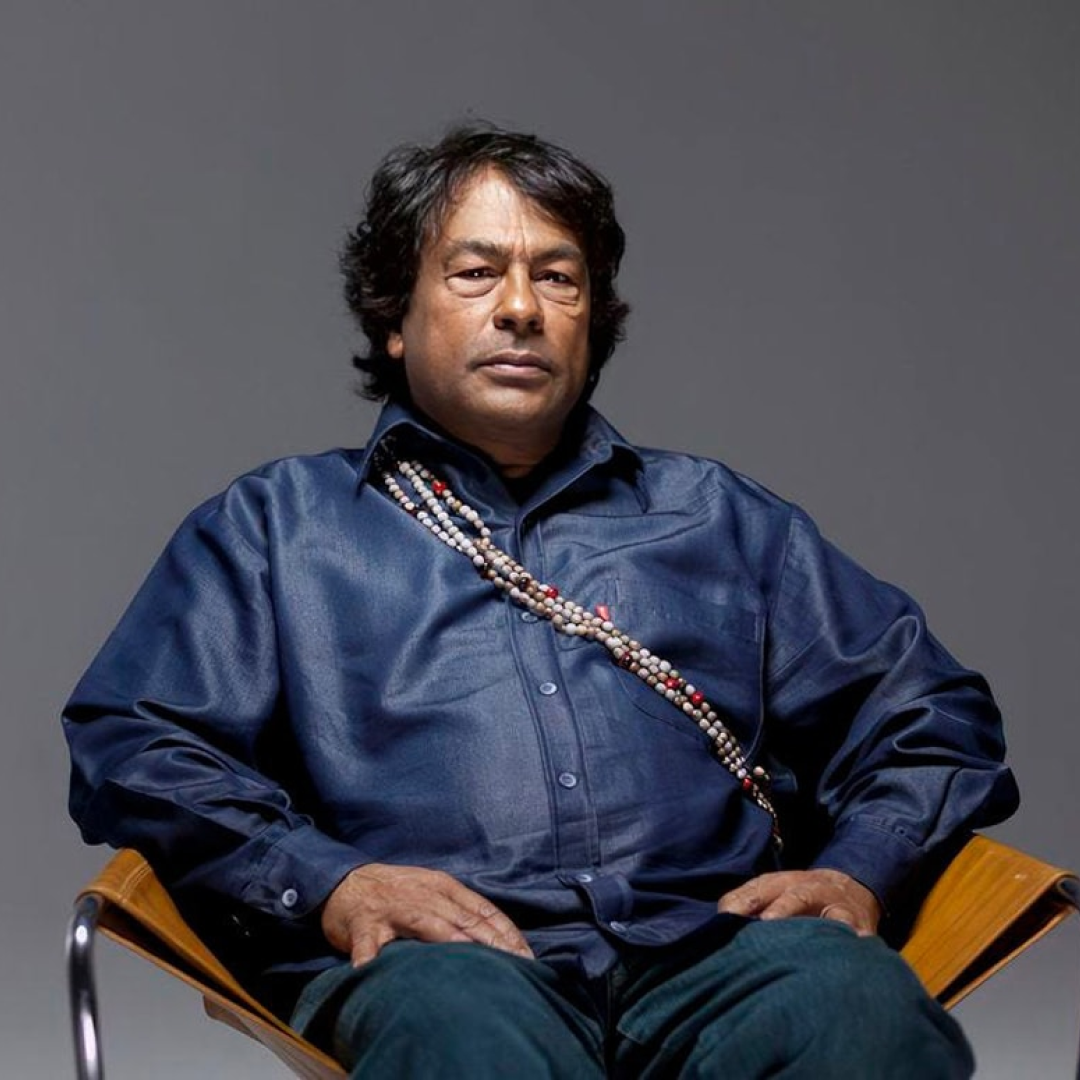
Ailton Krenak
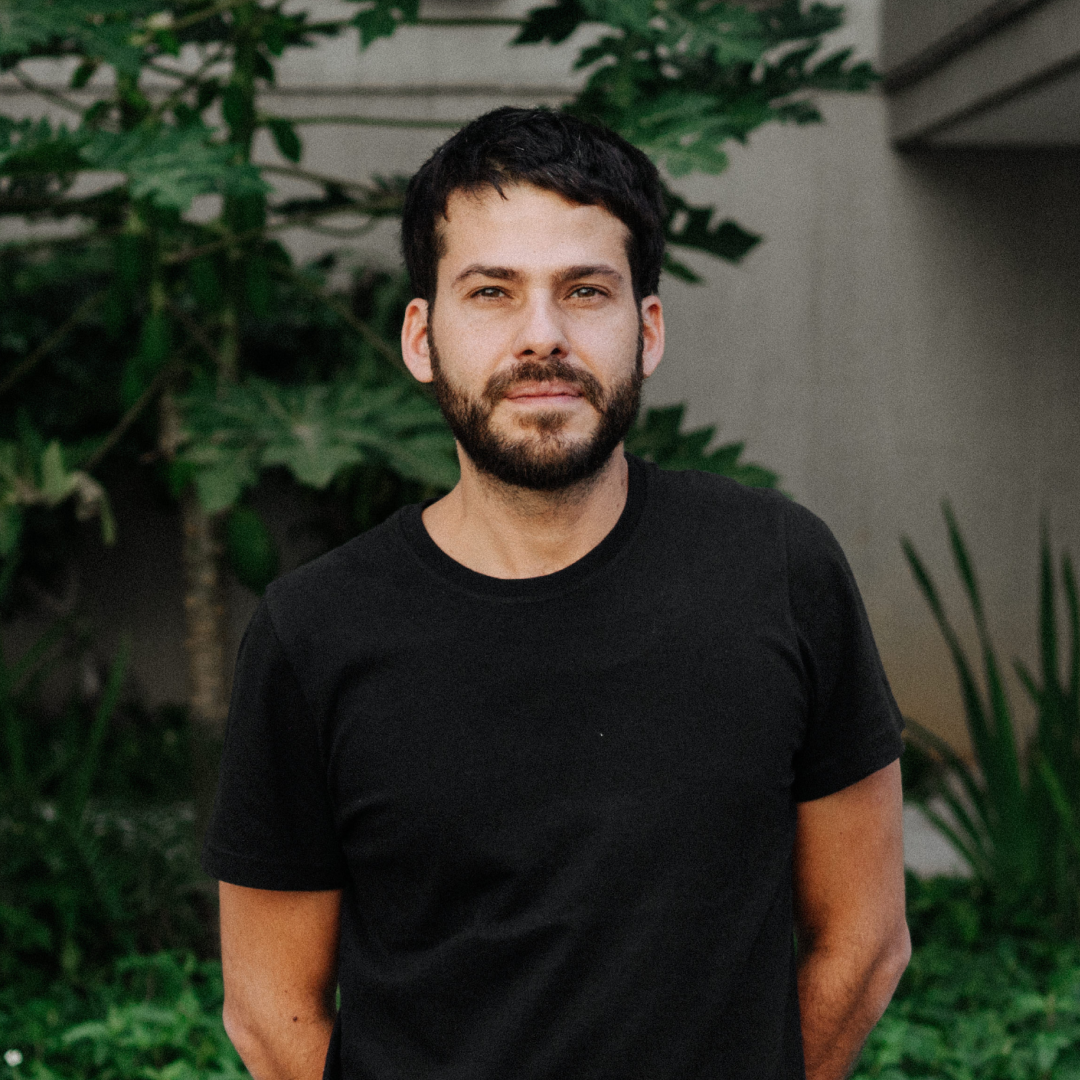
Paulo Tavares
PERFORMANCE
Teat(r)o de Mutirão: A Choral Action: rites of possession and transformation
by Associação Teat(r)o Oficina Uzyna Uzona
Teat(r)o de Mutirão is a performative-ritual that activates the architectural and symbolic spaces of Teat(r)o Oficina through a choral action: a gathering of voices, gestures, and presences that together embody the vital points of the Terreyro Eletrôniko. The performance crosses from street to park inviting the public to journey along in an open ritual where the technologies of the theatre are experimented with and the space is nourished through songs, shared meals, resistance, and celebration. Drawing on songs from the theatre’s repertoire of the past sixty-seven years, each is chosen to activate both pre-existing and newly created infrastructures in and around the building.
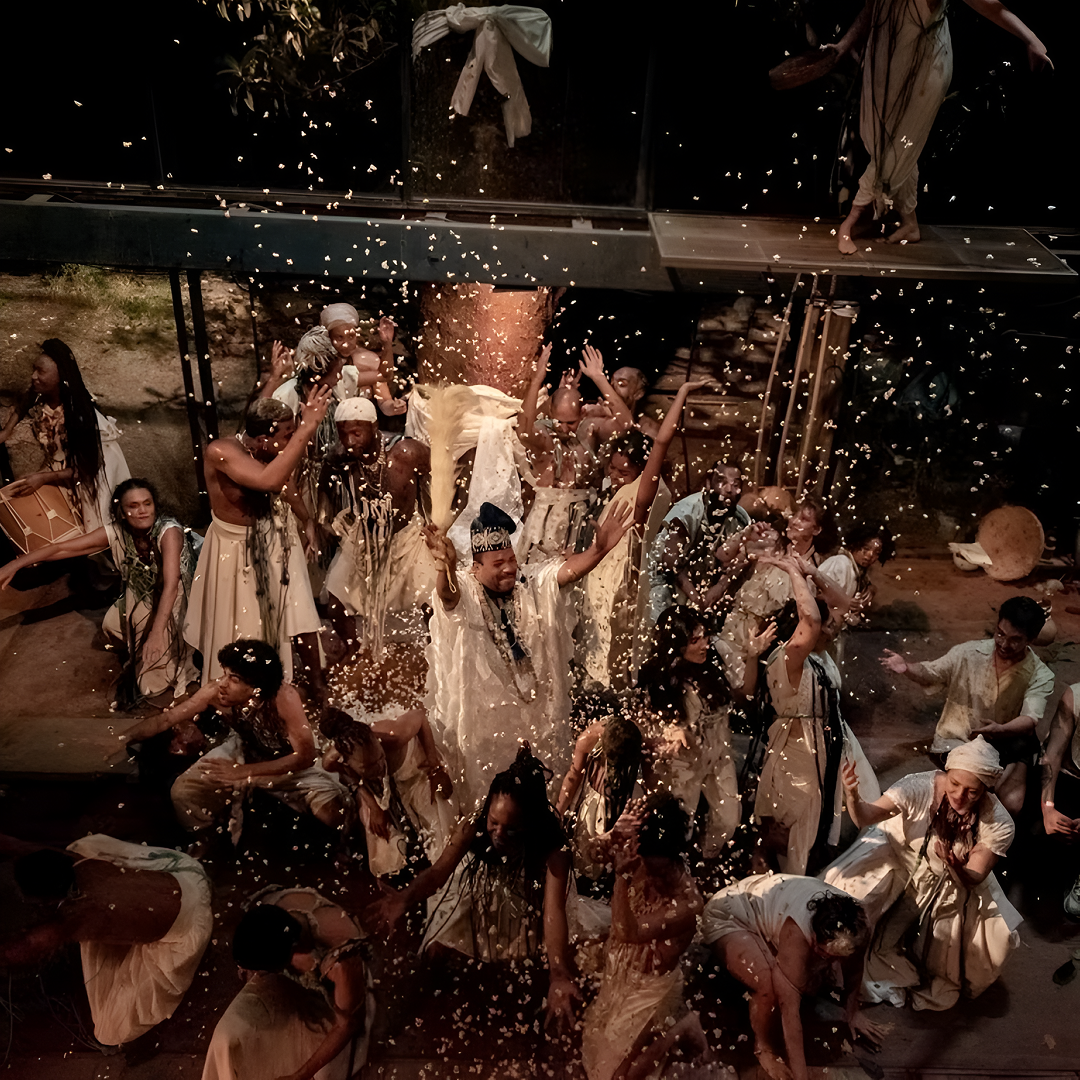
Associação Teat(r)o Oficina Uzyna Uzona
CONVERSATION
Reflections on Reparation Architecture with Ana Flávia Magalhães Pinto & Paulo Tavares
Paulo Tavares and historian Ana Flávia Magalhães Pinto come together to discuss possibilities for reparation architecture—a form of engagement in which action is predicated on repair, recovery, and restoration—in the context of collective memory, heritage, and the archive. The conversation will consider how spatial and built environment practices can be situated historically, socially, and culturally in ways that proactively reveal and redress the injustices that have shaped the worlds we inhabit, and our ongoing relationship to the environment.
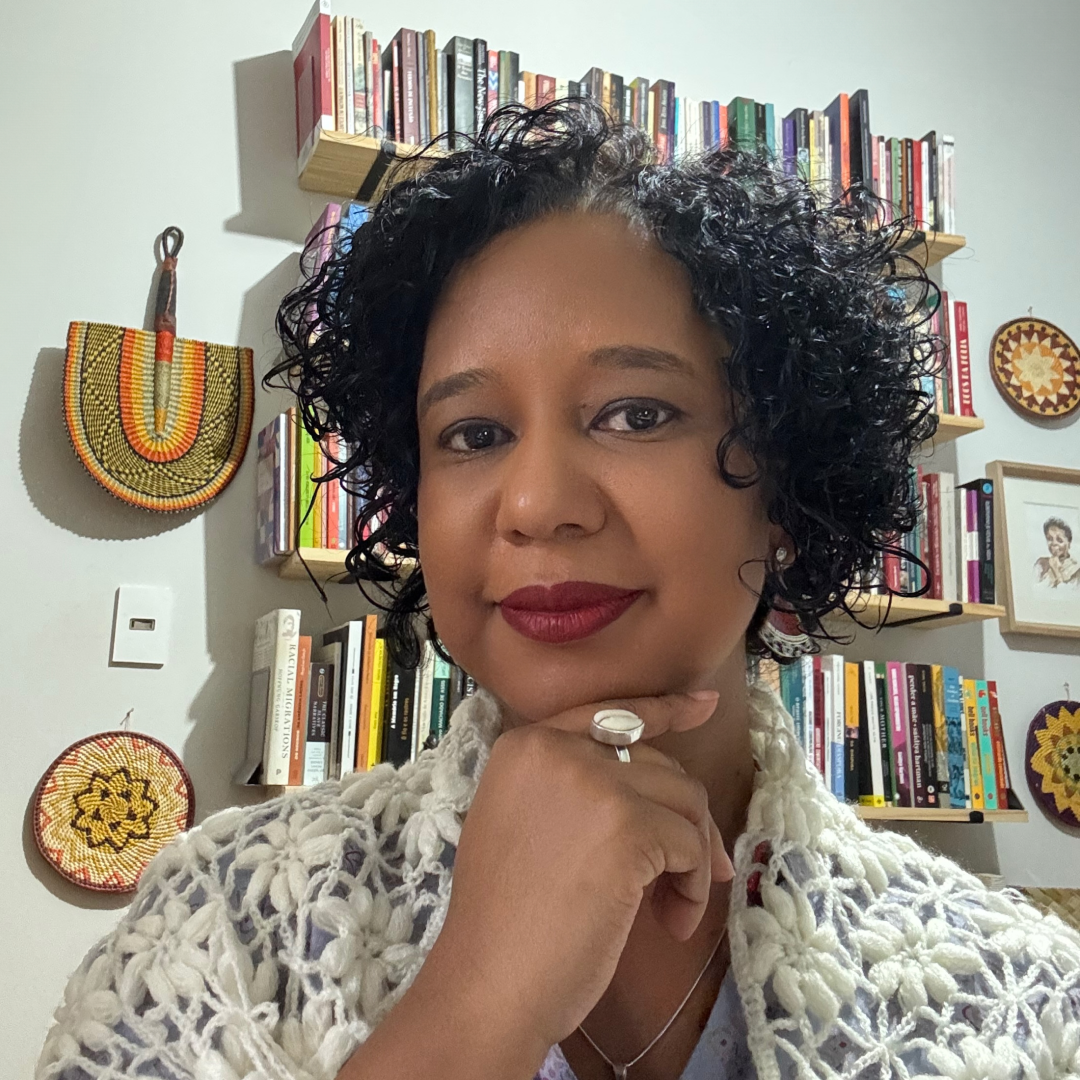
Ana Flávia Magalhães Pinto

Paulo Tavares
September 20
ACT II
10:00–14:00
BREAK
Coffee & Small Breakfast
MUSIC
Music by Maria Luiza de Barros
Maria Luiza de Barros is an interdisciplinary architect and urbanist whose research is guided by the idea that the city vibrates – in multiple frequencies that pulse through beings, territories, and histories. She treats sound and music as spatial technologies, investigating the relationships between urban space and the sonic cultures of the transatlantic diaspora, where rhythm and experimentation become forms of presence, encounter, and creation. Through her DJ sets, she seeks to activate these vibrations as a way of sensing the world in common, recognizing that well-being is also built through the act of listening and the connections it enables.

Maria Luiza de Barros
LECTURE
On Spatiality and Spiral Time: An Opening Keynote by Leda Maria Martins
Seminal poet, author, and theorist Leda Maria Martins will initiate the day with a keynote exploring notions of spatiality, and how alternative temporalities might inform how we approach spatial practices. This perspective is informed by Martins’s lifelong inquiry into spiral time and the potential of ancestral temporalities to resist colonial infrastructures of chronology.
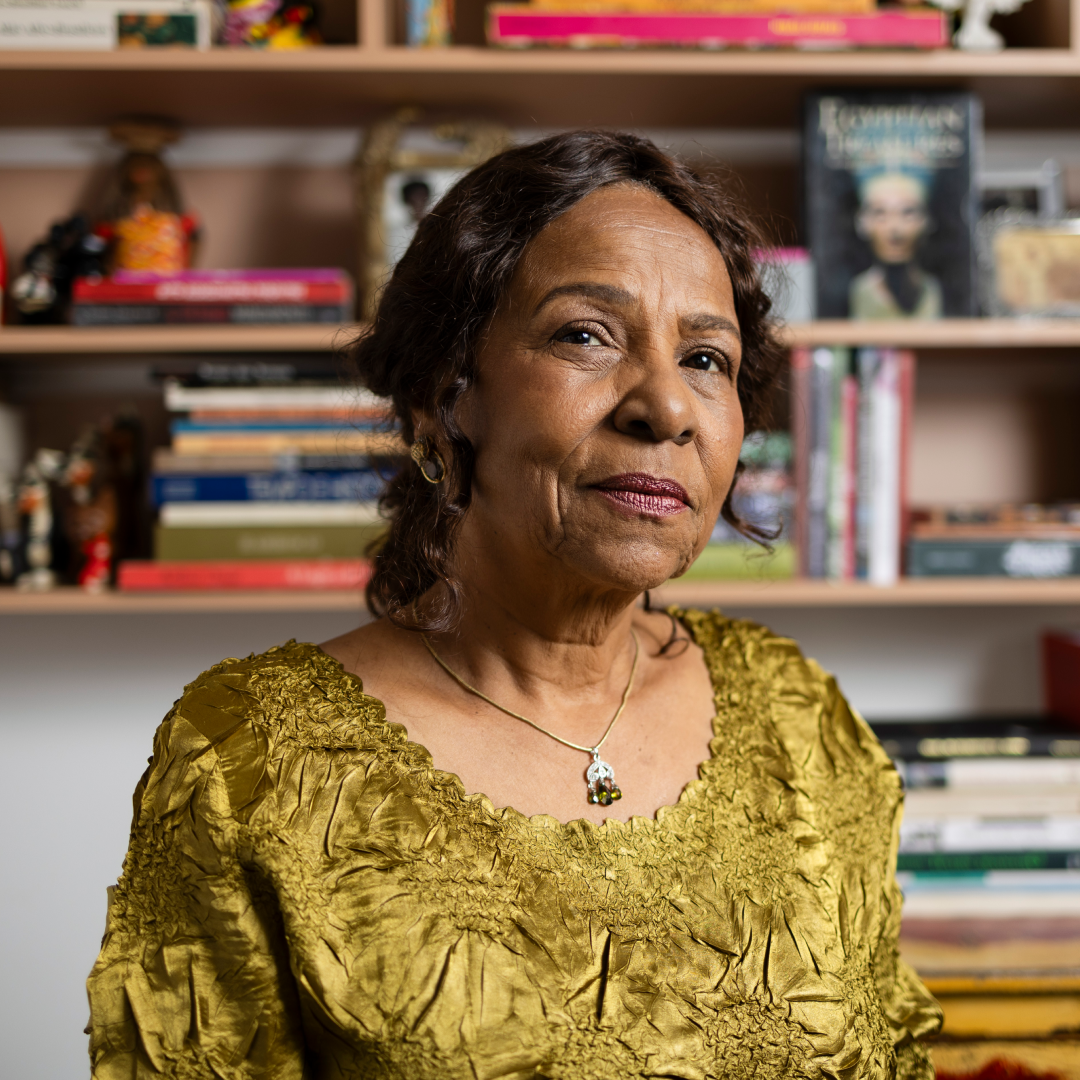
Leda Maria Martins
ROUNDTABLE DISCUSSION
Temporalities and Spatial Practices: A Roundtable featuring Leda Maria Martins, Mãe Celina de Xangô, Rose Afefé, and Maya Quilolo, moderated by Gabriela de Matos and Audrey Carolini of Cambará Instituto
What temporalities are we capable of imagining beyond linear and future-oriented notions of sequencing? This roundtable will reflect on the transformative potentials of expanded perspectives on time. The speakers will consider the ethical, cultural, and embodied dimensions of space, architecture, and communal engagement, offering approaches that center ancestrality, memory, ritual, and relationality.

Leda Maria Martins
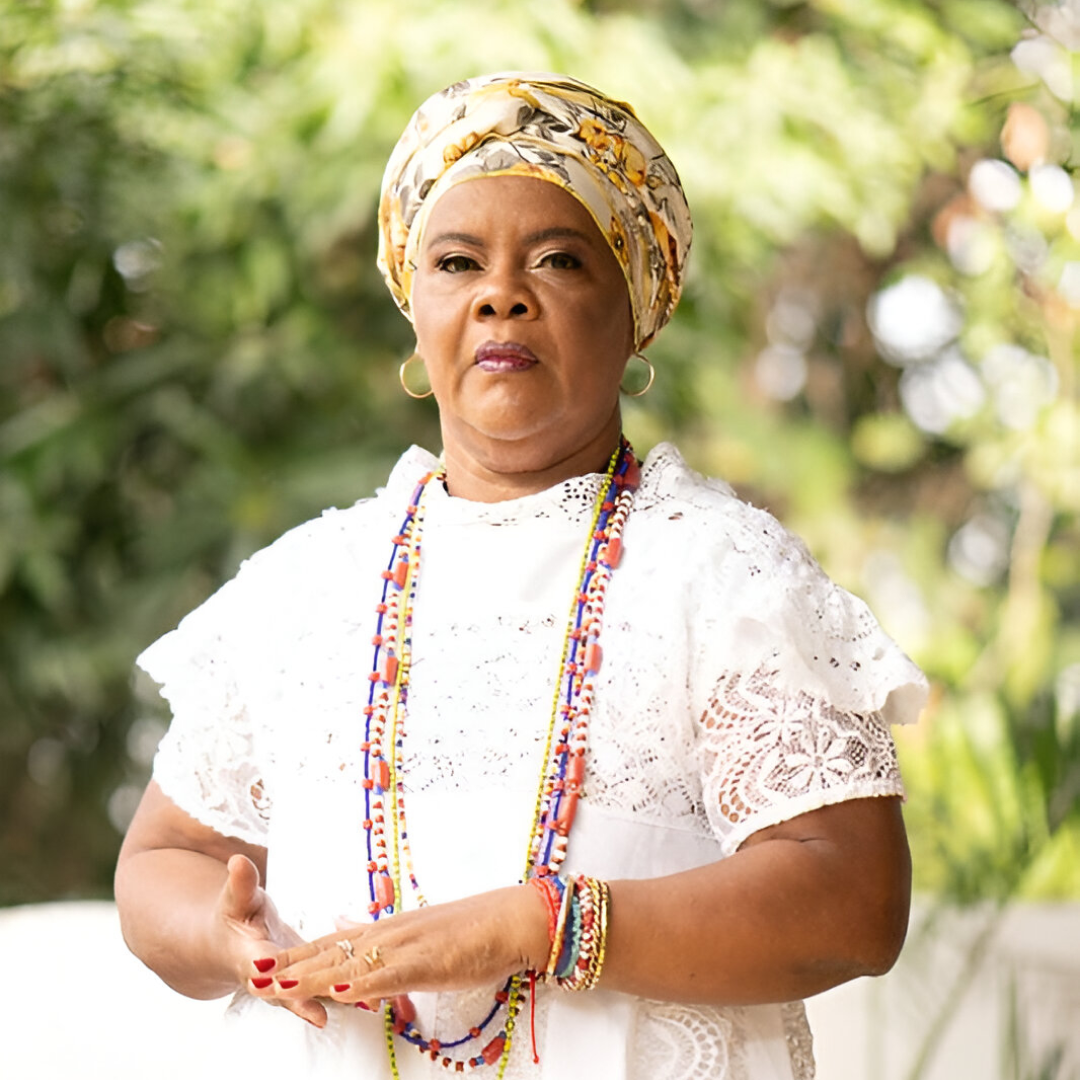
Mãe Celina de Xangô
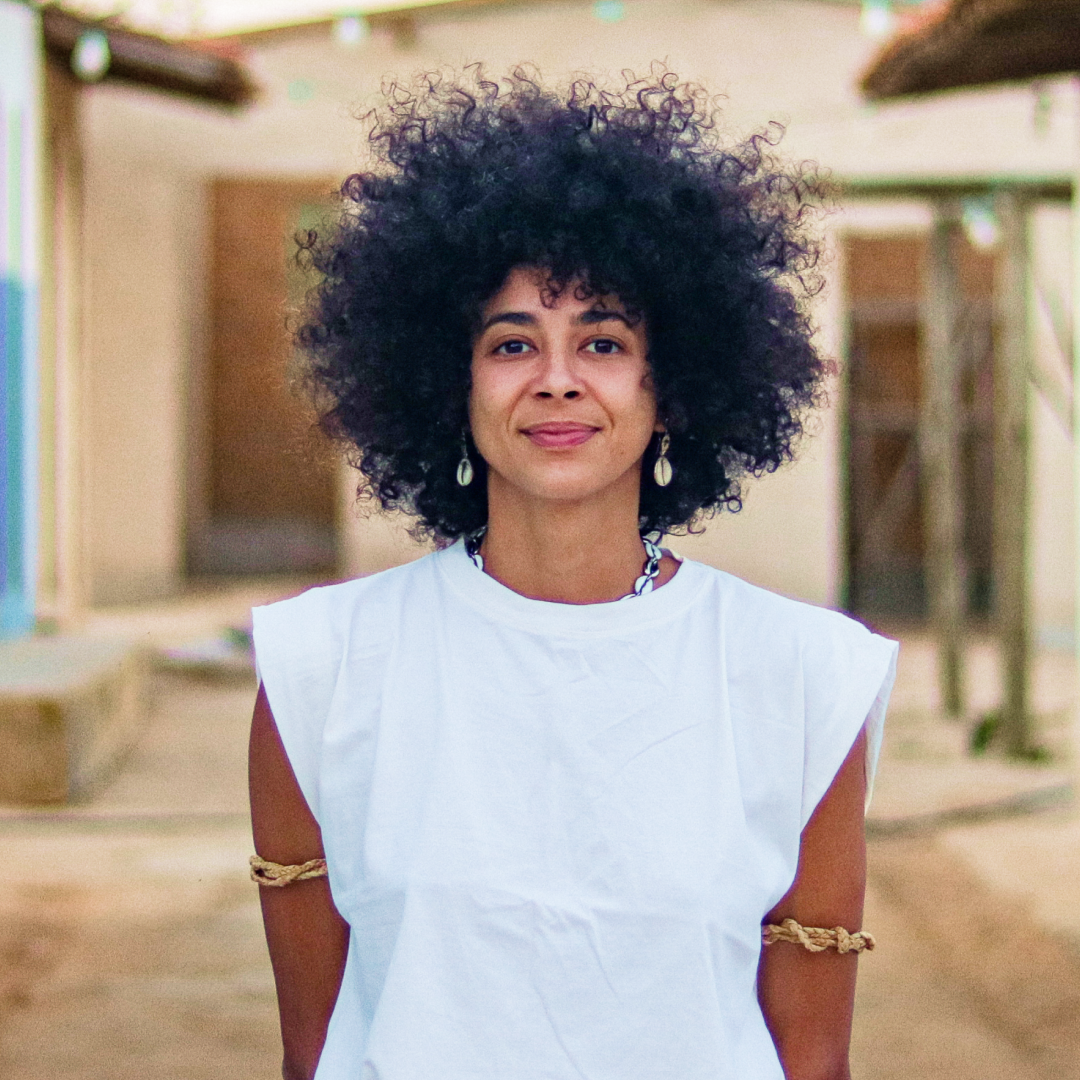
Rose Afefé
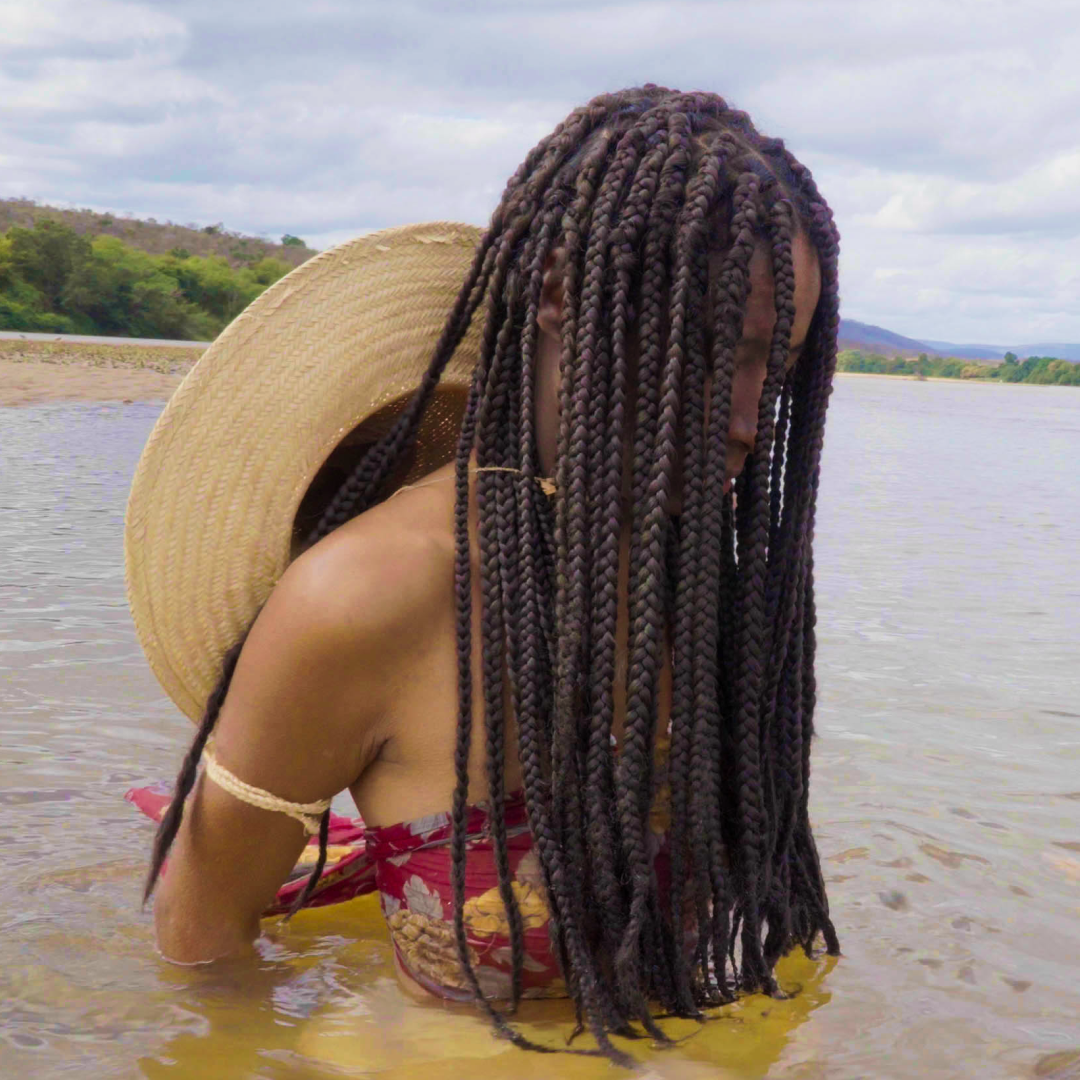
Maya Quilolo
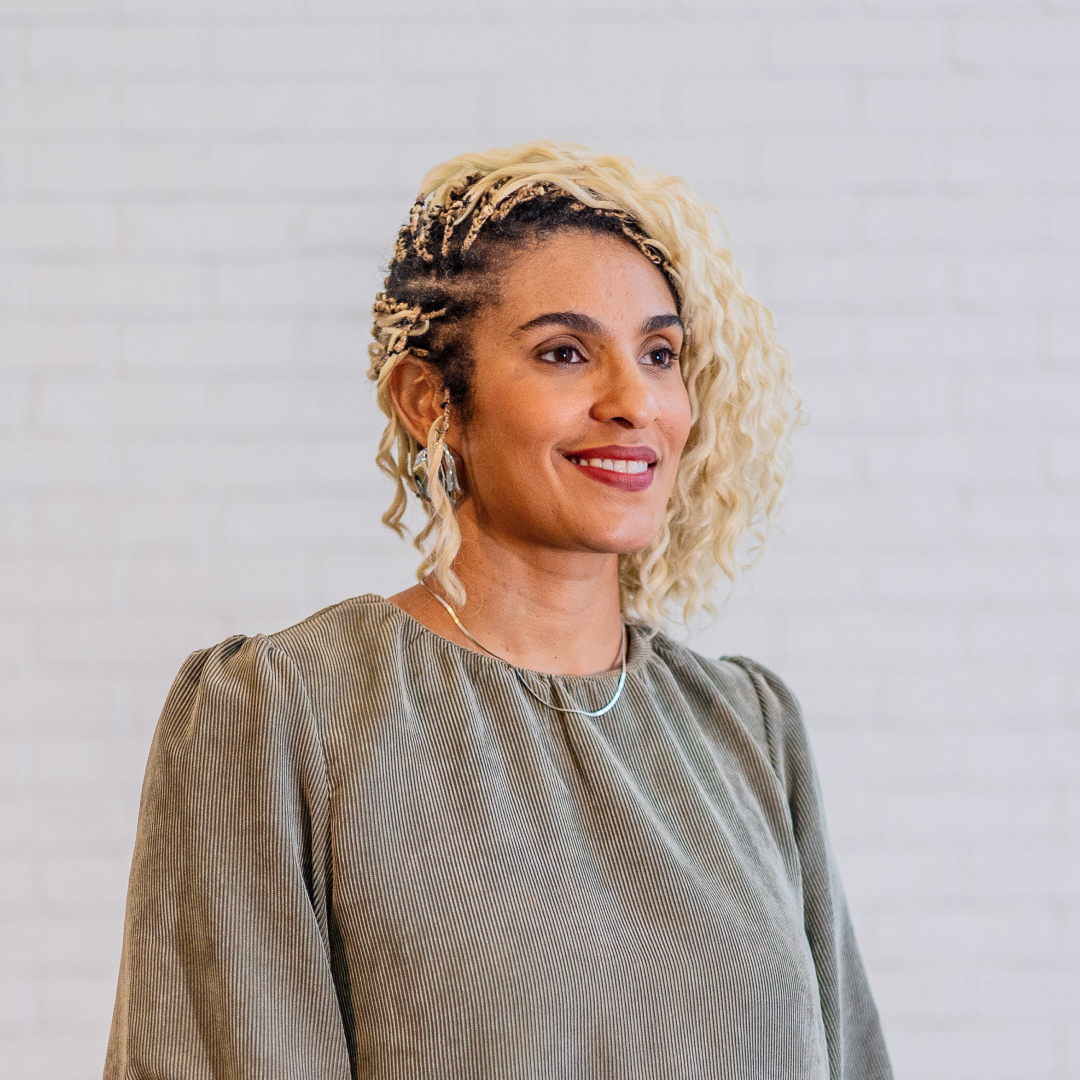
Gabriela de Matos
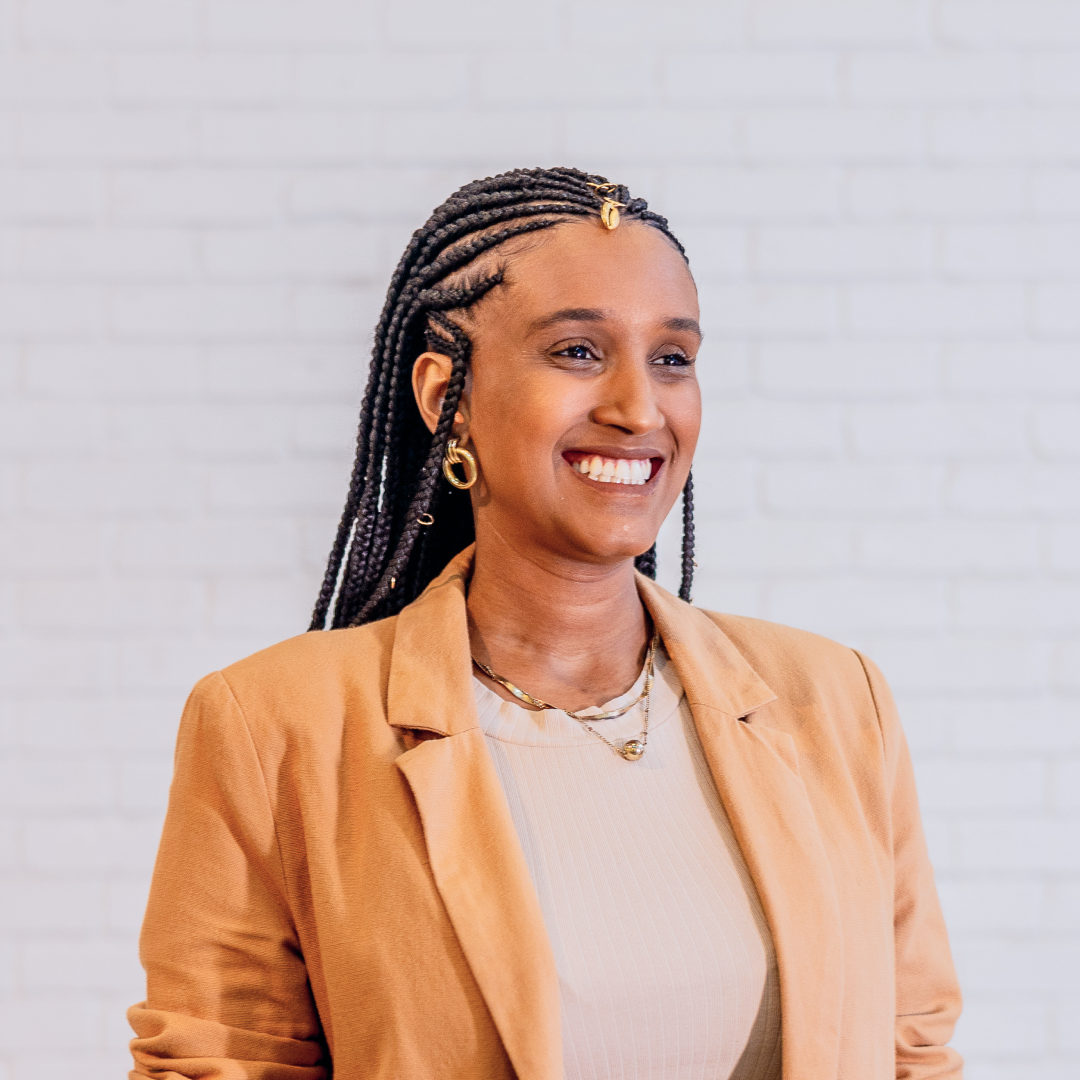
Audrey Carolini
BREAK
Lunch
ACT III
16:00–20:00
PERFORMANCE
Amaro Freitas Y’Y
The third act will begin with a performance from renowned Recife-born jazz pianist Amaro Freitas, celebrated for drawing on ancestral tradition and connection to cultivate a dynamic and decolonial sound. This performance will highlight his 2024 album, Y’Y, which offers polyrhythmic percussions that transform and expand the genre through Amazonian sonic heritages, shaping a more active relationship to Indigenous legacies and to the Earth.
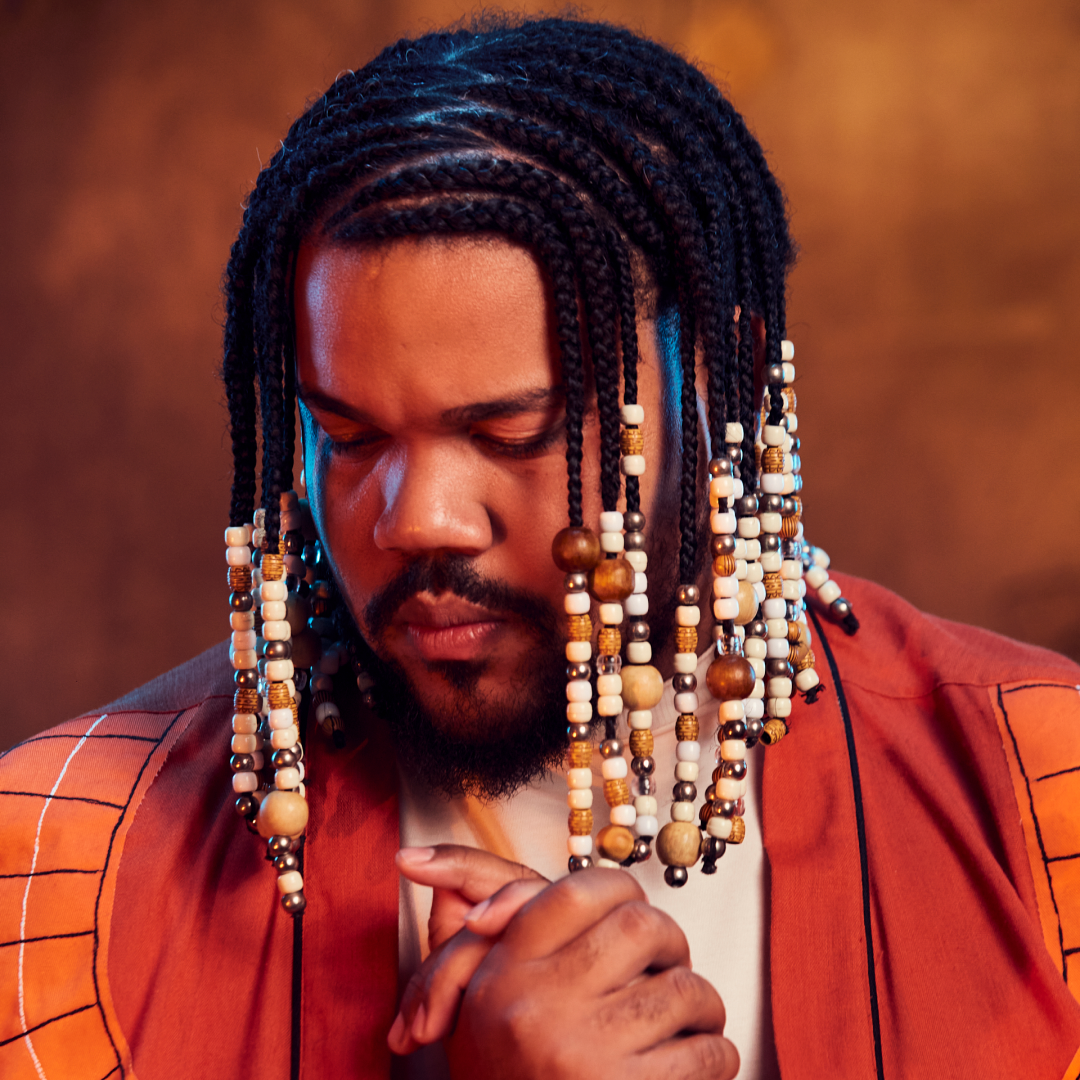
Amaro Freitas
ROUNDTABLE DISCUSSION
Involvements: A Roundtable featuring Tainá de Paula, Jerá Guarani, and Maria Alice Pereira da Silva, moderated by Marcella Arruda
What spatial practices embody resistance by existing in the face of successive climate, economic, political, and social collapses related to the development paradigm (des-envolvimento)? How can the idea of involvement (envolvimento)—a notion proposed by the Indigenous and quilombola thinkers Ailton Krenak and Nêgo Bispo, respectively—influence spatial practices? This conversation will explore how architecture can be a device for involvement with the landscape, as well as for practices that connect landscapes to time and to the body.
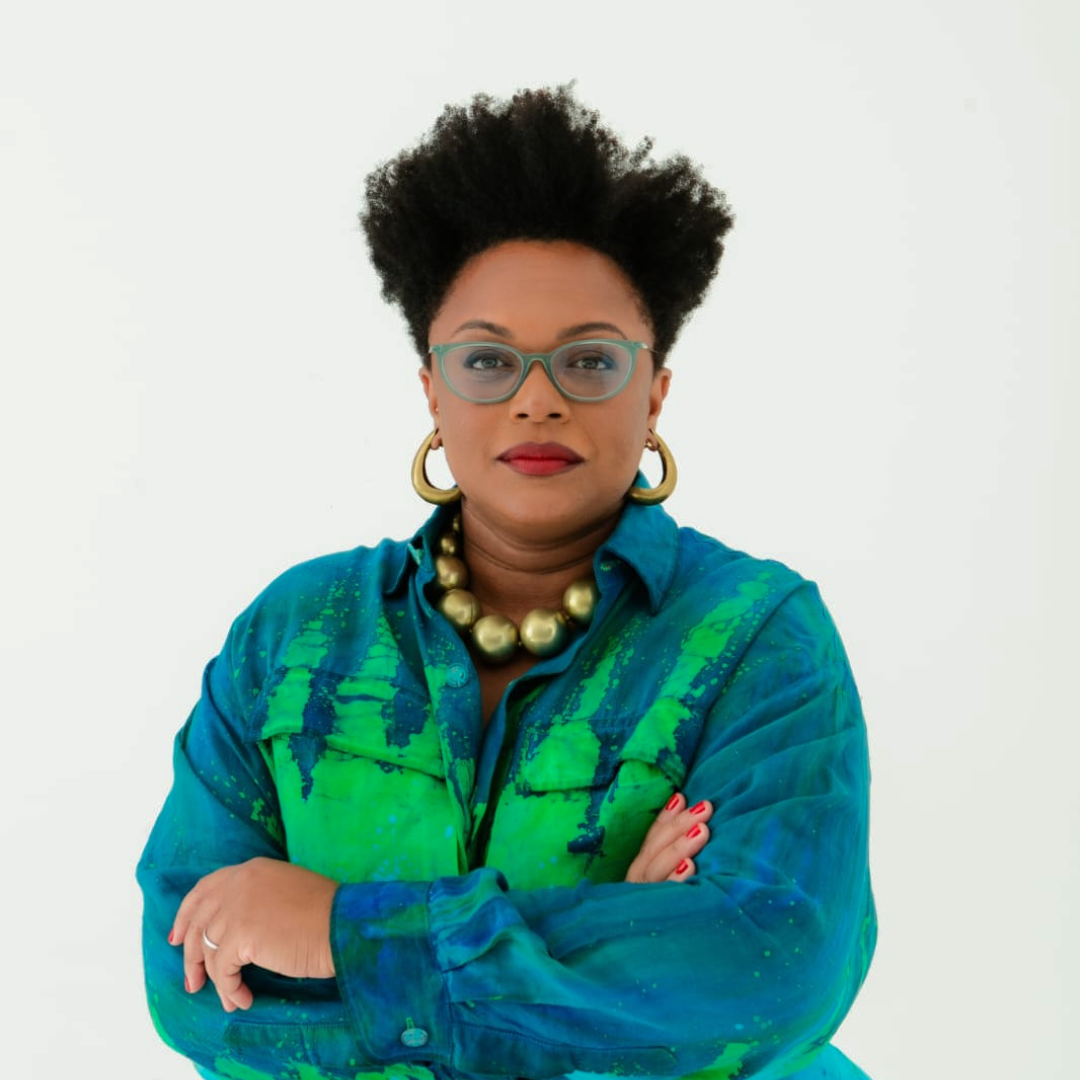
Tainá de Paula
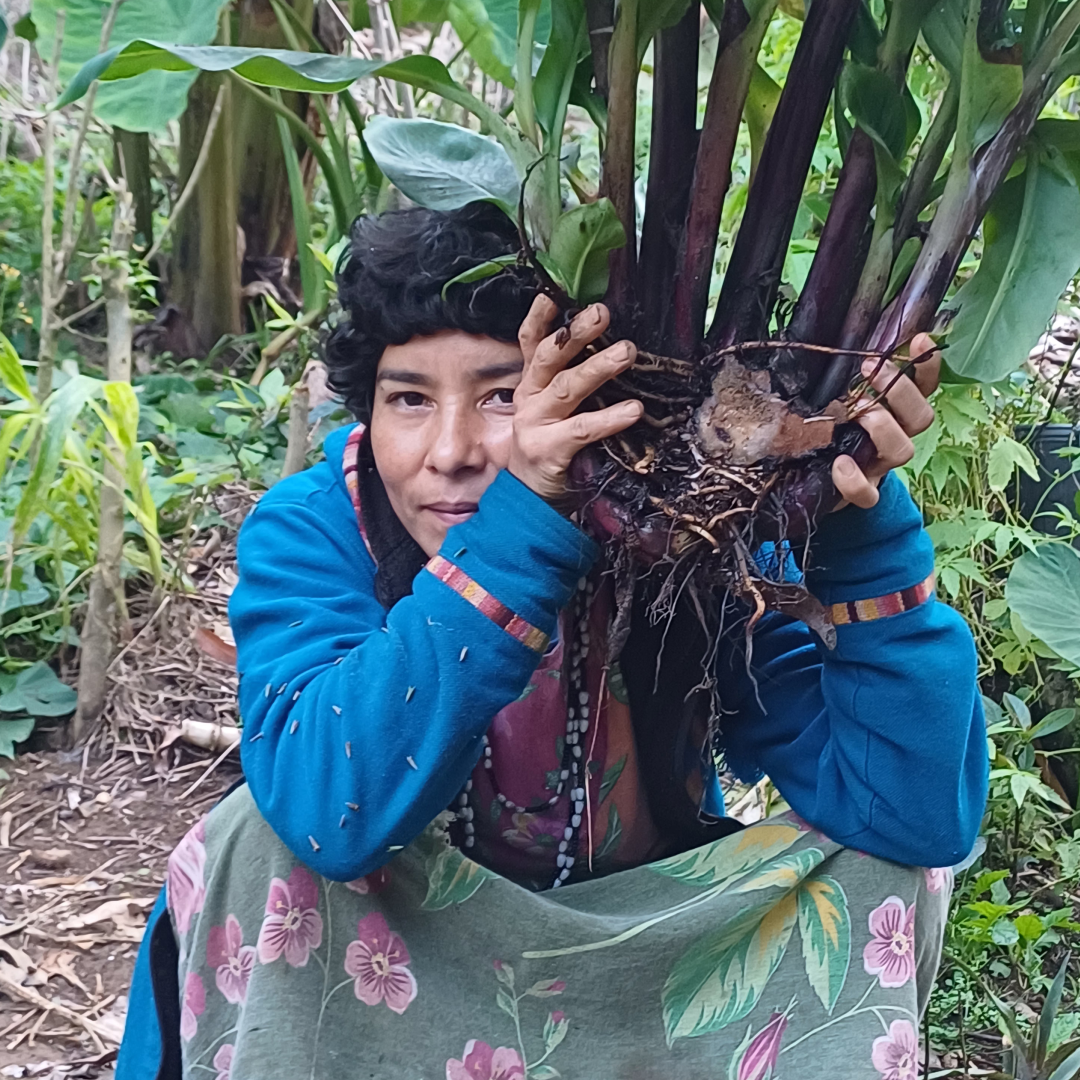
Jerá Guarani
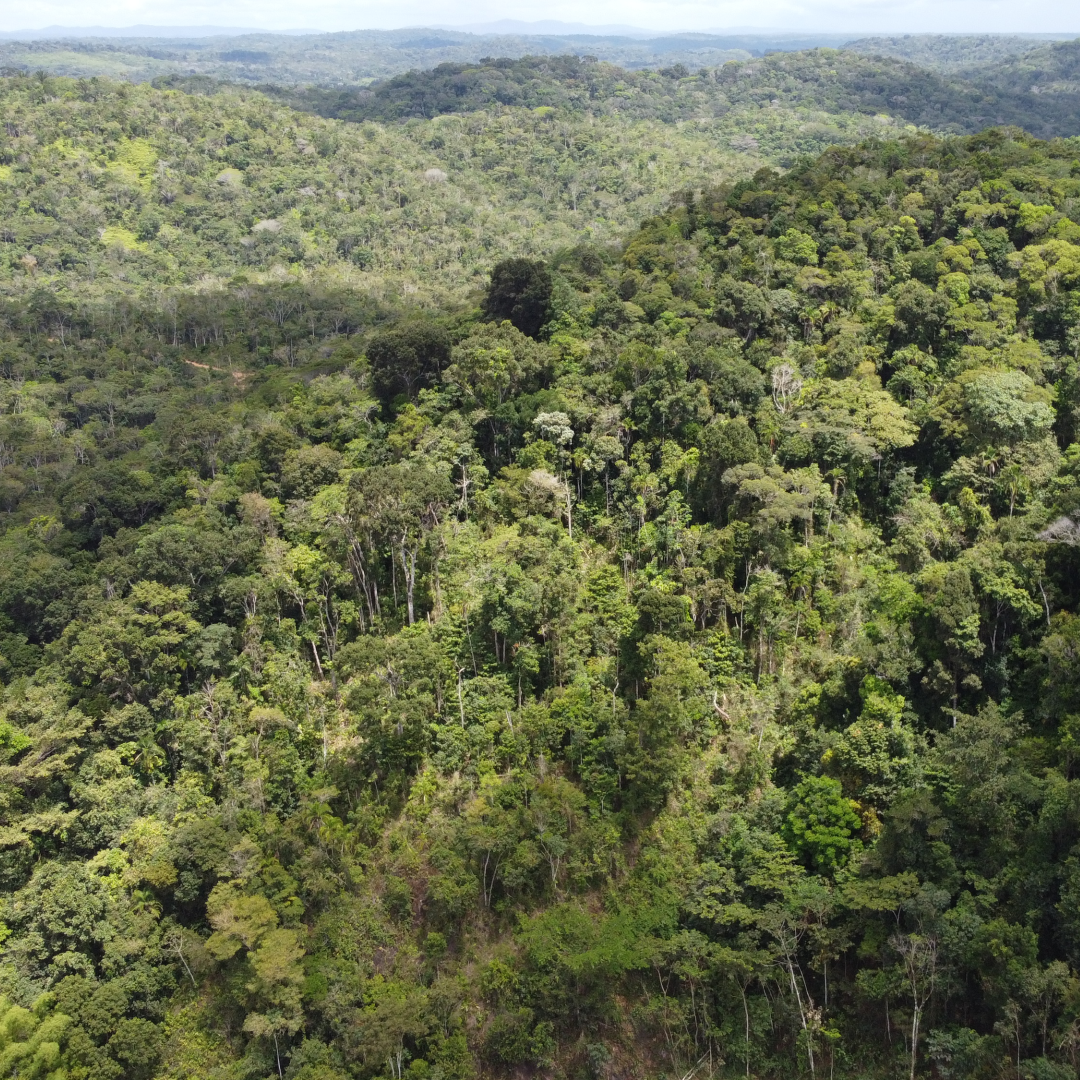
Maria Alice Pereira da Silva
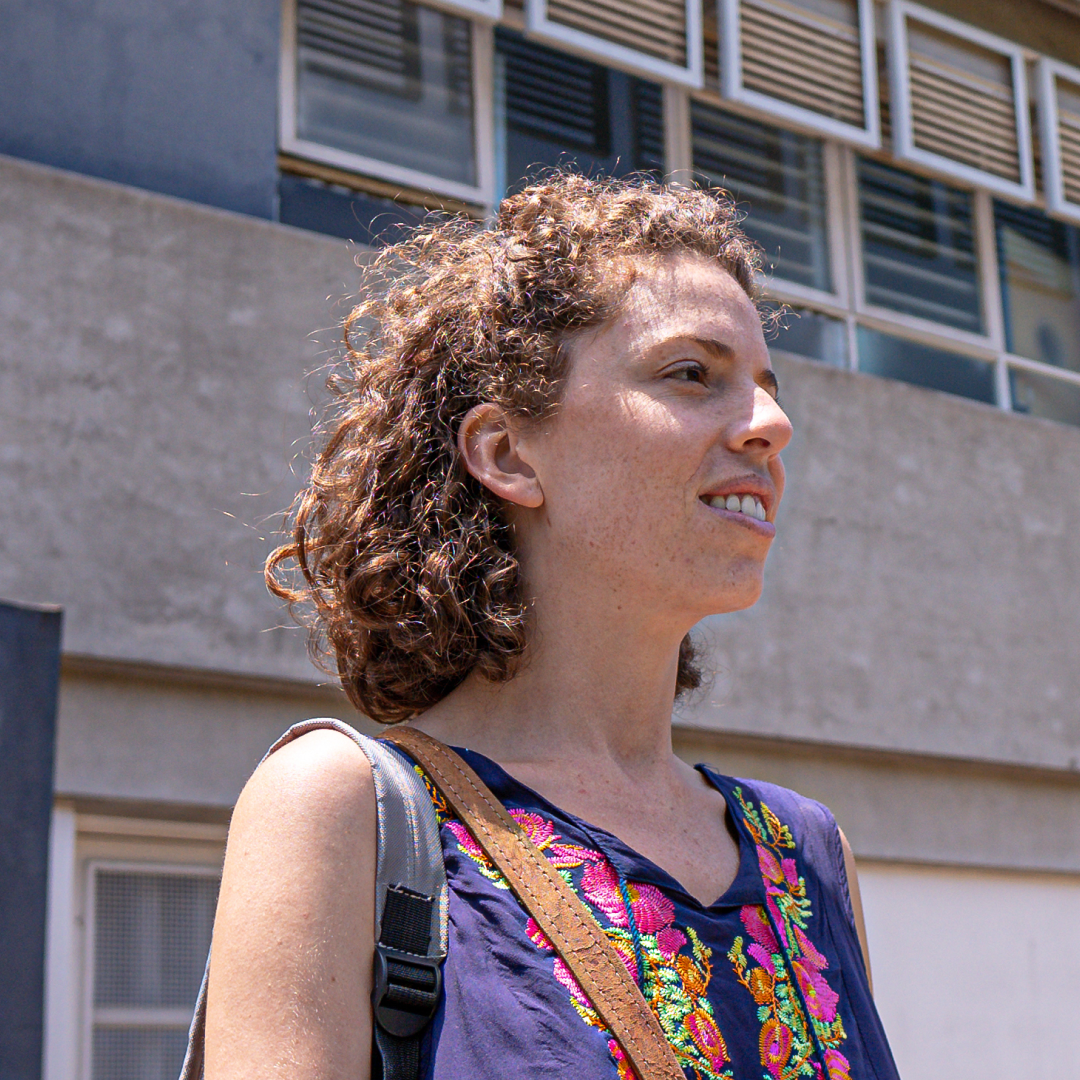
Marcella Arruda
PRESENTATIONS
Perspectives on Practice: featuring Sem Muros, Palmares Laboratório-Ação, RUÍNA Arquitetura, and Grupo ][ Fresta
Four architecture, design, and organising practices from Brazil will each share a brief presentation that speaks to their values and methodologies in relation to bem-viver planetario. These contributions will be guided by the idea of involvement as interspecies acts of collective transformation, as well as the philosophy of prioritizing process and relationality.
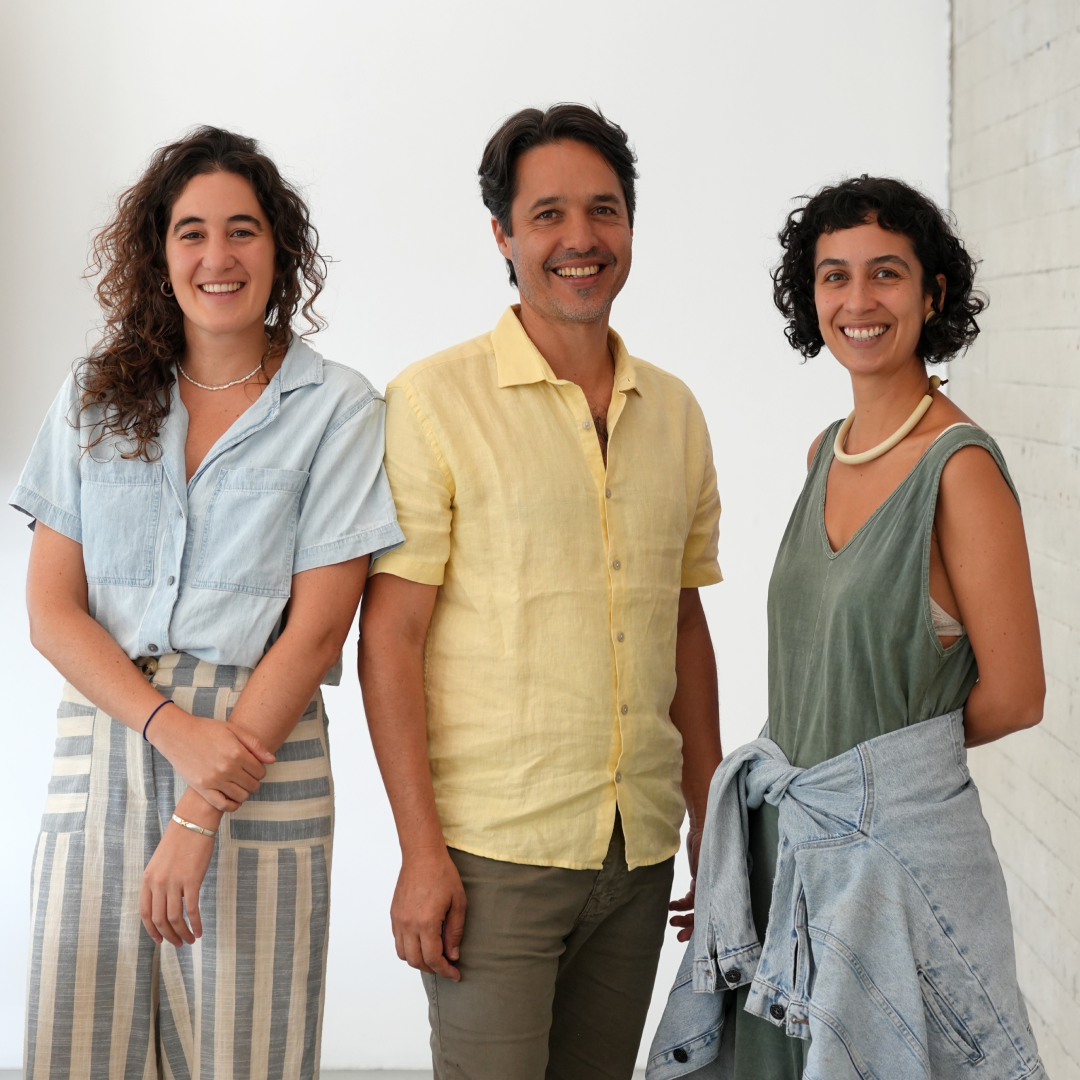
Sem Muros
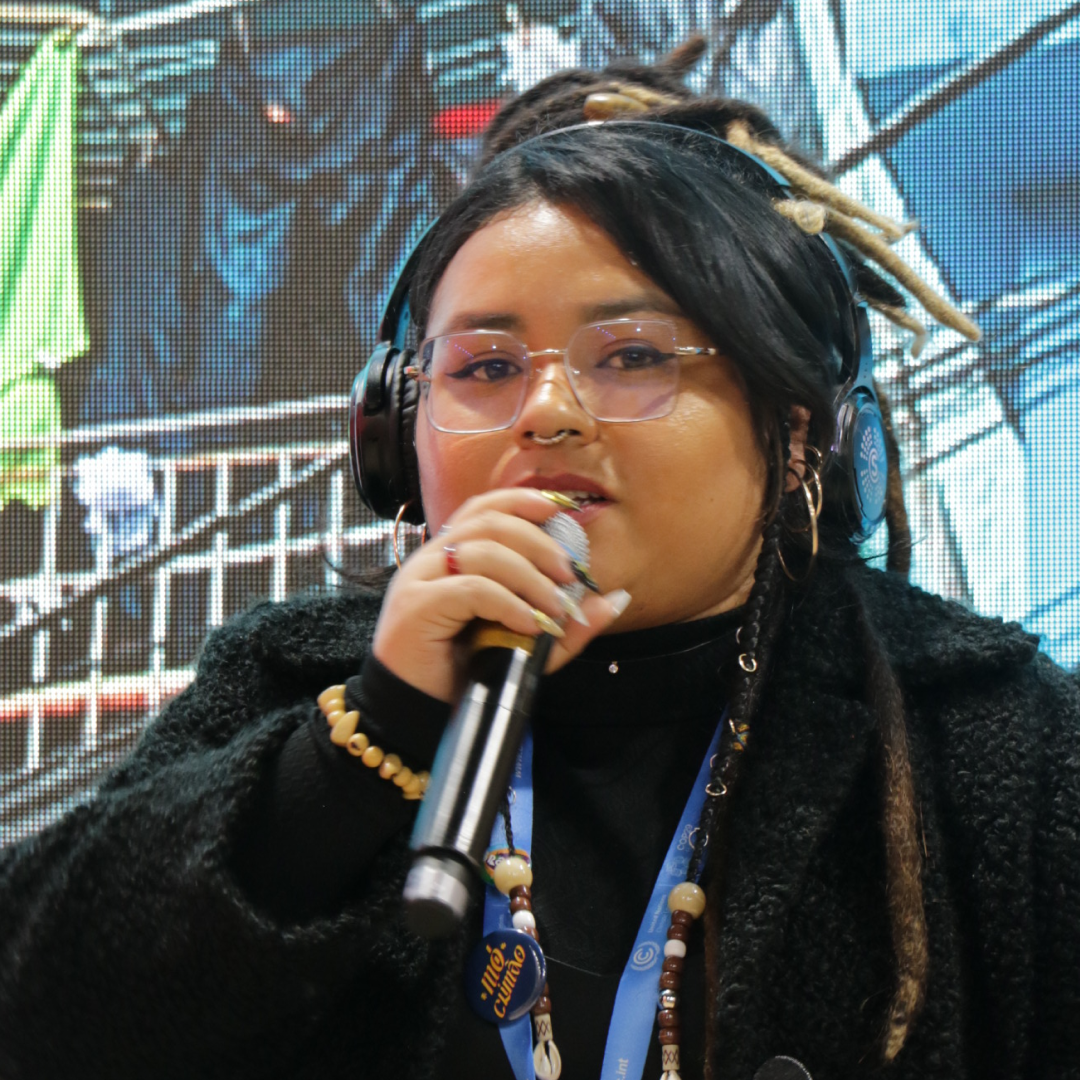
Palmares Laboratório-Ação
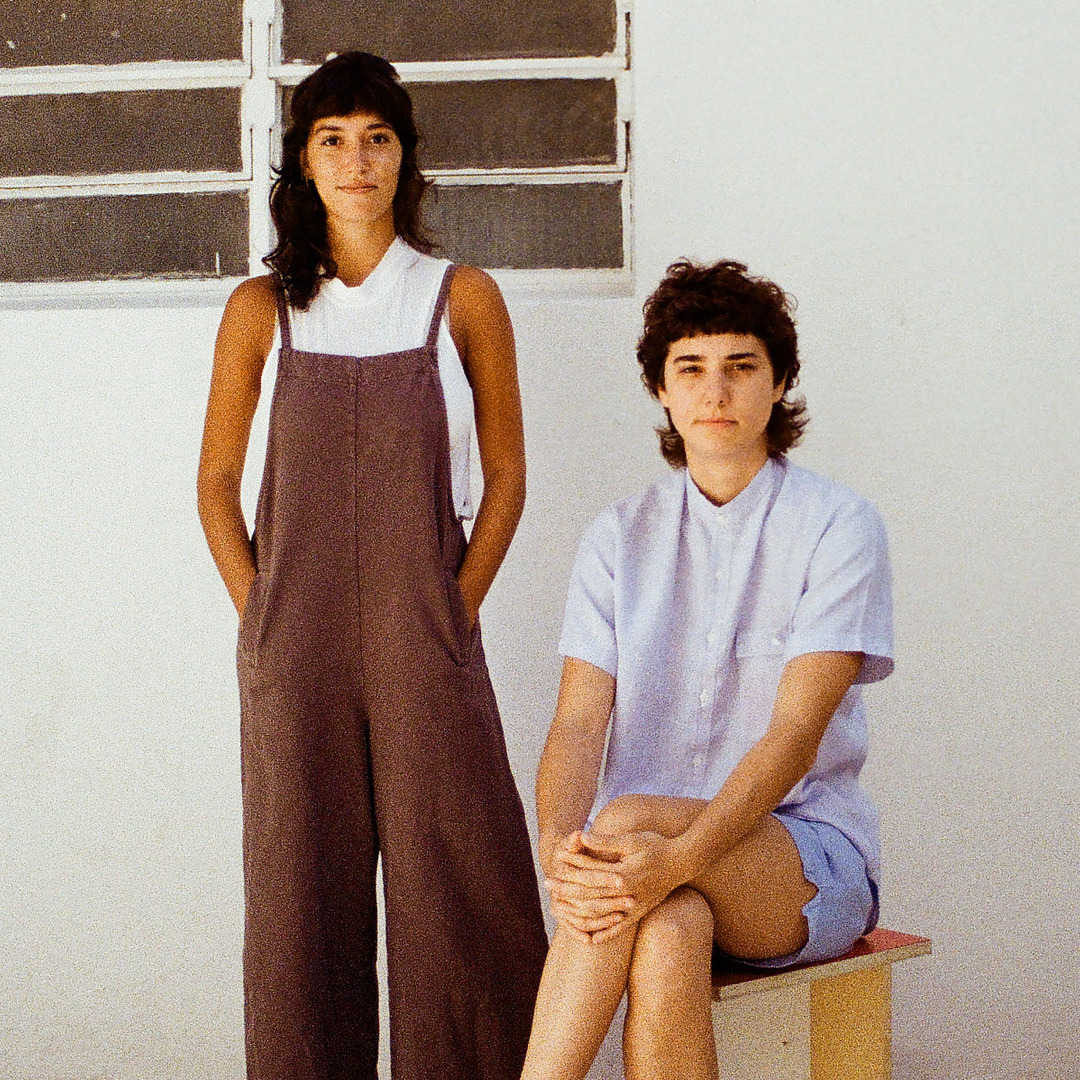
RUÍNA Arquitetura
![Grupo ][ Fresta](https://cdn.sanity.io/images/1fvtf86d/production/04ecd0170494727446a38df536946035dd801587-1080x1080.png?w=1080&q=80&fit=max&auto=format)
Grupo ][ Fresta
LECTURE
Empoderamento: A Closing Keynote by Joice Berth
Visionary feminist author, theorist, and curator Joice Berth will close our time together by expanding upon her framing of empowerment (empoderamento)—repositioning this hyper-individual concept as a necessarily collective transformation. Berth’s explorations of structural relationalities and the right to urban space are shaped by her background in architecture and planning, and examine how intersectional and collective action can influence urban space.

Joice Berth
